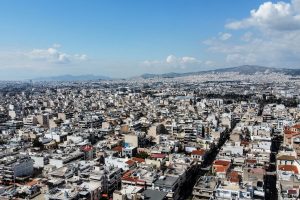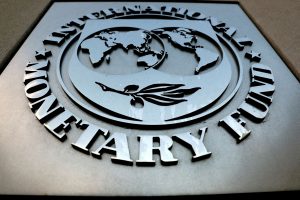Lower-income Greeks are coming under increasing economic pressure, as the wealth gap between the haves and have-nots is widening, according to an analysis released by the Athens-based Foundation for Economic & Industrial Research (IOBE).
The findings in the analysis, entitled “Progressivity in Income Taxation in Greece, 2012-2021″, paint a bleak picture for Greeks in the bottom half of the income bracket, warning that income inequality is growing.
The analysis notes that in the aftermath of the economic crisis over a decade ago, a large portion of the population found themselves on the brink of poverty between 2012 and 2021 as their income had steadily dwindled, within a shrinking economic “pie,” in contrast to the wealthy who have increased their incomes something.
This is reflected in citizens’ tax contributions, with the bottom 40% of the population having paid only 1.63% of the sum of taxes, being in the two lowest income quintiles, defined by incomes up to 6,098 euros.
It’s worth noting that the poverty threshold, according to ELSTAT’s classification for 2021, amounted to 5,712 euros annually for single-person households and 11,995 euros for households with two adults and two dependent children under the age of 14.
The poor became even poorer while the rich became even richer with increased levels of income inequality being observed compared to 2012, as the bottom 20% received only 0.2% of total income (compared to 1.4% in 2012), while the top 20% earned 58.7% of Greece’s total income (compared to 52.6% in 2012). In other words, the wealthiest segment of the population increased their incomes amidst the crisis, in contrast to the poorest segment.
Income Reduction
Moreover, using publicly available data from the Independent Authority for Public Revenue (IAPR) for incomes and taxation of natural persons and comparing the year with the most available data (2021) to earlier available data (2012), IOBE reports that declared incomes (real incomes from all sources) in 2021 compared to 2012 were lower by 7.2%.
Additionally, dividing the population into quintiles for 2021, a 20% fall into the lowest income quintile, where incomes are up to €1,016. In the top 20%, incomes start from €19,312 and above.
On Tuesday, the Foundation for Economic & Industrial Research (IOBE) issued a revised, downwards, forecast for Greek economic growth in 2024, lowering the figure to 2.1% of GDP from a previous 2.4%.










